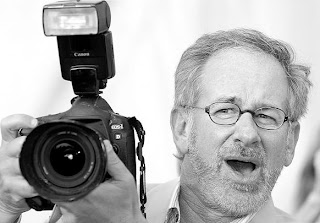
Alejandro González Iñárritu, mexican director whose former career as a DJ has instilled in him a spectacular comprehension of pacing and a near-unparalleled ability to weave a compelling, nonlinear tale, Alejandro González Iñárritu stunned filmgoers worldwide with his vital and affecting directorial debut, Amores Perros. Striking a fine balance between brutality and beauty while offering well-defined characters that seem as real as their stark surroundings, Iñárritu's unforgettable take on life in contemporary Mexico City earned the first-time feature director an Oscar nomination for Best Foreign Film among many other honors — leaving expectations for a strong sophomore follow-up much higher than usual.

Films Directed By Iñárritu:
Amores Perros (2000)
21 Grams (2003)
Babel (2006)
.jpg)
Awards and nominations :
Amores Perros (2000)
Cannes Film Festival Critics Week Grand Prize Winner
Cannes Film Festival Young Critics Award - Best Feature Winner
11'09''01 September 11 (2002)
Venice Film Festival UNESCO Award Winner
21 Grams (2003)
Venice Film Festival Official Selection
Babel (2006)
Cannes Film Festival Prix de la mise en scène Winner
Cannes Film Festival Prize of the Ecumenical Jury Winner
















































